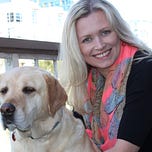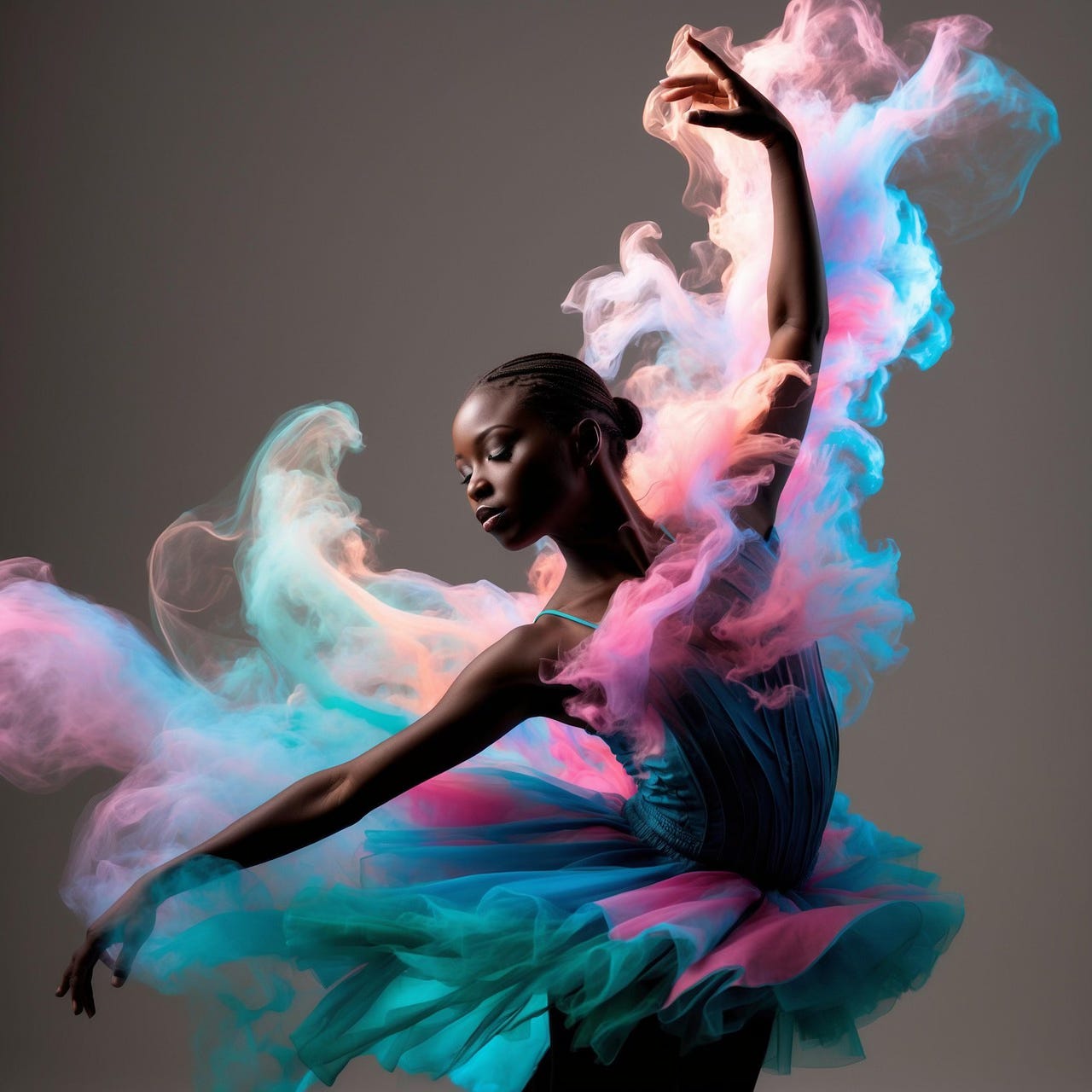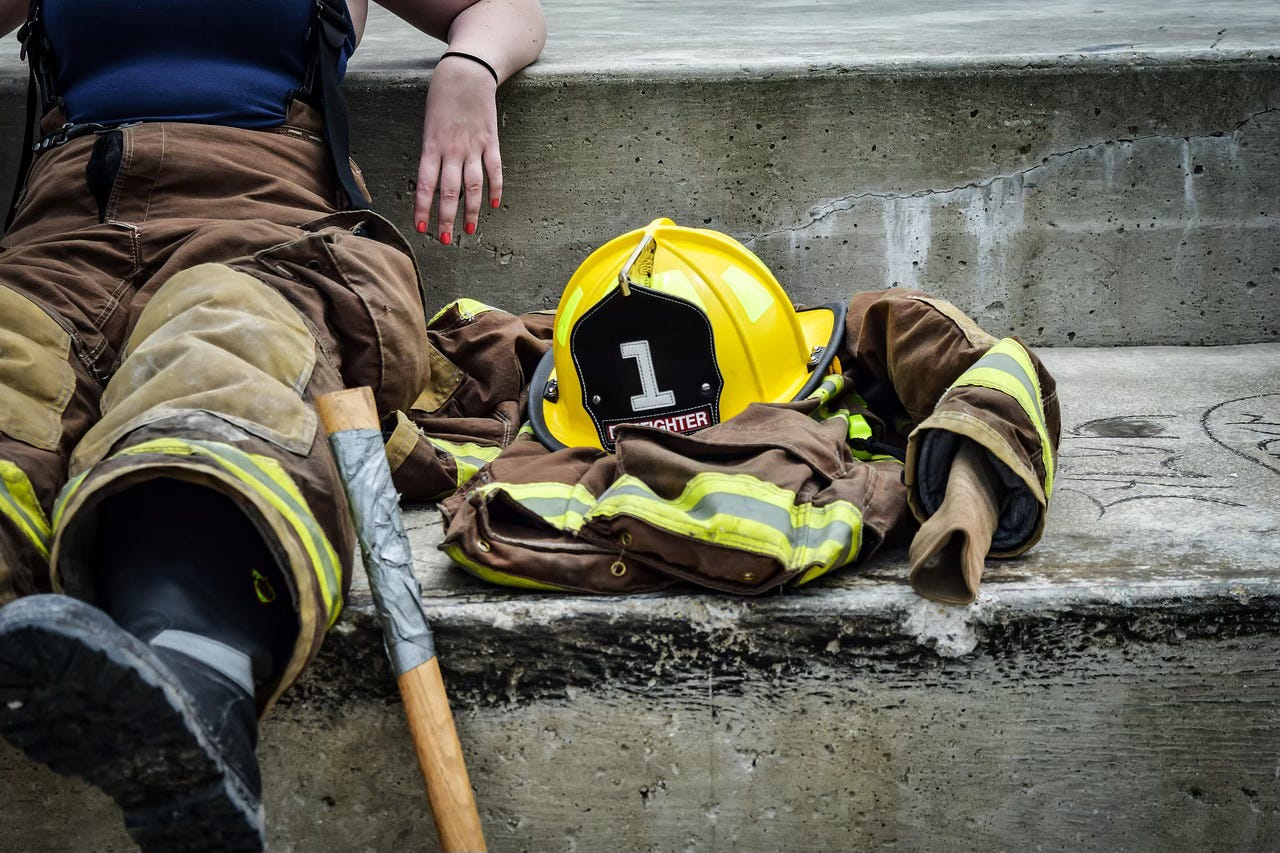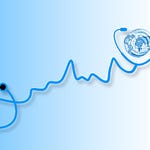I have dedicated my life to professionalizing changemaking. What does that mean? What does it look like when we succeed and changemakers and their work get their due? Let me share how I see that enticing future.
My PhD research aims to identify the building blocks of transformation. One of them is offering a compelling glimpse of the future made possible through transformation. Let me illustrate it on sharing the future where those who work to make a meaningful difference in the world are recognized, supported, and rewarded for their efforts.
What resonates? What else do you dream of? Please share!
Image credit: 1tamara2 from Pixabay.
1. In the future, “changemaker” is a distinct psychological profile
What labels have given you comfort?
Even out-of-the-box thinkers (a label in itself) find comfort in “boxes” that explain who and how we are. We’re all unique, and yet nobody wants to be “weird.” We all hope that our quirkiness allows us to belong — to be seen, valued, and supported — without conforming. So, it can be life-changing to discover that our “weird” is quite alright.
That may explain why my diagnostics of changemakers remain the most viewed TikTok and Substack posts with 21k and 1.1k views, respectively.
How to spot a changemaker: signs, habits, and habitat
Have you ever wondered if something is wrong with you?
If you’re reading this, you probably feel different. Like no existing profiling tool is quite as satisfying to you as it is to others. If that is because you carry the weight of the world on your shoulders, see possibilities others miss, and feel compelled to make a difference, you are not weird! Or alone. You are a changemaker. A unique wiring I believe needs to be as normalized as “nearsighted,” “ADHD,” “gay,” “high performing,” “creative,” “neurodivergent,” or “post-partum” because understanding our “weird” sooths our hearts and liberates us to contribute to our full potential.
Imagine a future where your supervisor is trained in supporting changemakers.
Imagine a future where you can screen for a therapist equipped to help changemakers.
Imagine a loved one excitedly telling you that an assessment revealed them to be a changemaker.
Imagine your changemaker child’s school counselor tailoring their guidance accordingly.
Imagine making an evening of your local school’s Changemaker Fair like you would of its robotics tournaments or music recitals.
Imagine a future where both the youngest and the oldest of us are recognized and celebrated for the unique wiring that makes us changemakers.
2. In the future, changemaking is a profession
People grew food, made clothes, created breathtaking structures, and defended their communities long before we called them farmers, tailors, architects, engineers, or soldiers. Similarly, we orchestrate transformation regardless of whether it is seen as a profession. However, recognizing professions enables us to perfect our craft. It allows us to set and evolve a baseline of competencies, to learn from each other, to advance on our merit, and to find support among our peers. Furthermore, professionals deserve to get paid for their contributions — no small feat given that most changemakers do the vital work of improving our world on top of their paid work.
A wiring, a calling, and a choice, changemaking is also a profession that must be resourced as such.
For centuries, our impact has been haphazard. An incidental byproduct rather than a planned outcome of our effort.
If you were a geneticist, your training would include everything we have learned about the human genome to date. As a chemist, you would start with Mendeleev’s periodic table of the elements. Unlike doctors, chemists, plumbers, florists, or dog groomers, changemakers start with… nada. No unifying theory. No defining skills. No lauded giants’ shoulders to stand on.
Every changemaker I meet feels ill-equipped and alone. This cannot continue! Which is why — and with your help — I work towards a future where changemaking is recognized as a discipline and a profession.
Imagine a future where the attributes that define you as a changemaker are seen as assets essential for any transformational brief, not as liabilities.
Imagine a future where changemaking is seen through a lens of competencies that can be developed, verified, communicated, and sought after. Competencies for which you can be endorsed on your LinkedIn profile.
Imagine a future where you can put “changemaker” on your resume/CV, backing it up with recognized accreditation and experience.
Imagine a future where professional association(s) advocate for your rights and interests as a changemaker (and perhaps gather us up for invigorating conferences!)
Imagine every school-aged child getting a guest presentation from a changemaker, inviting them to consider this fulfilling career.
Imagine a career coach helping you become the best changemaker you can be rather than tell you not to take your work personally (because we do).
Imagine having all the tools to plan and execute the transformation you seek. Perhaps attending a marvelous workshop on wielding the building blocks and formulas of transformation.
Imagine a future of well-funded research into changemaking and the toll it takes on practitioners.
3. In the future, changemaking is a public service
We have long recognized that we need some individuals to dedicate their lives to the rest of us. We need first responders, public defenders, law enforcement, the military, relief workers, scientists, teachers, and elected officials.
Image credit: Image by Hilary Clark from Pixabay
Work that used to be sporadic and even persecuted is now encouraged and rewarded as public service. Not only do we assign honor to such professionals, but we take care of them via an economic model that is not fueled exclusively by capitalist self-interest. In some countries, military and first respondents get superior benefits and pensions. Our top academics garner tenure and research grants. In recent years, we have also acknowledged the socio-economic contribution of caretakers’ unpaid labor. While it is far from perfect and varies greatly by country, our shared commitment to honor public service offers a model for recognizing the contribution of changemakers.
Imagine a future where communities celebrate young people who choose changemaking as their career.
Imagine a future where professional changemakers have outstanding healthcare and other benefits.
Imagine a future where professional changemakers garner hazard pay and pensions for their contribution to society.
Imagine a future where we strive to care for changemakers who have given their lives to service, like our veterans.
Our world needs positive transformation. This change depends on individuals willing and able to imagine and co-create realities better than we can imagine today. Demanding professionally, their work also takes a toll on their lives. Many changemakers pursue the greater good at the expense of their wellbeing or economic advancement. Today, we ask them to jump off roofs with hand-made parachutes. Changemakers are the world’s most precious resource, and yet we burn through them as if they were kindling. We cannot imagine the world without doctors, firefighters, or teachers, so I am confident that we will never look back once we recognize changemaking as public service and support it as such.
In summary, I work towards a future where changemakers are recognized as a unique psychological profile, where changemaking — the craft of creating positive systems transformation — is seen and resourced as a skilled profession, and where our contributions are appreciated and rewarded for their public service.














